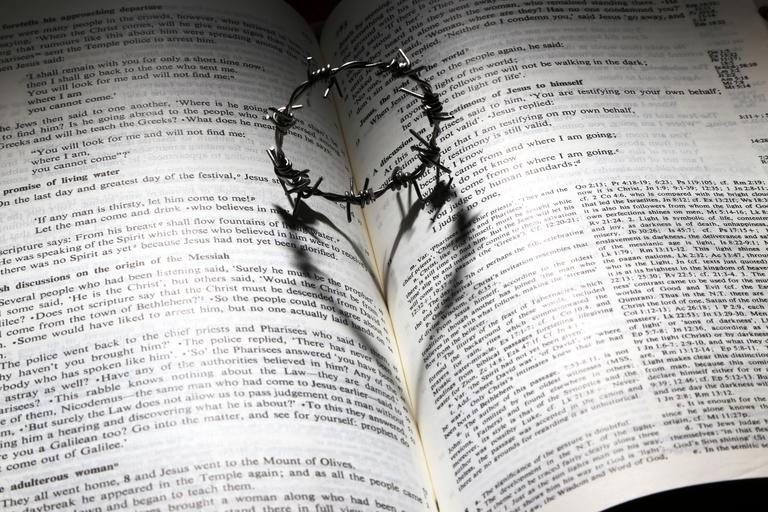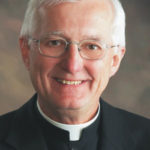
By Francesca To
For The Catholic Messenger
Lent 2023 Series
In the Gospel for the fourth Sunday of Lent, Jesus proclaims that he is the light of the world. He performs the impossible — he gives sight to a man inflicted with blindness from birth, a condition that is permanent and incurable. He does this by making clay out of mud and saliva, two very common materials that by themselves have no proven healing properties.
As far as medical miracles go, this is one that the physician in me finds most impressive. In our modern day lives, we might hear of someone unexpectedly healed of a chronic disease, whose cancer  inexplicably vanished, or who was revived after death. These are occurrences so rare and incredible that most people would deem them miraculous. But there are those who might argue that the human body is designed to heal itself, that there can be errors in diagnosis or that someone who was presumed dead might not have been so. Blindness from birth, however, is fixed and unmistakable. Despite all the advances of modern medicine, a cure for it is yet to be found. By performing an act that is impossible to humans, Jesus provides incontrovertible proof that he is divine. By restoring the blind man’s sight, he gives function to an organ that should be incapable of it. Jesus shows that by his grace alone, we can accomplish the exact task for which nature deems us unfit.
inexplicably vanished, or who was revived after death. These are occurrences so rare and incredible that most people would deem them miraculous. But there are those who might argue that the human body is designed to heal itself, that there can be errors in diagnosis or that someone who was presumed dead might not have been so. Blindness from birth, however, is fixed and unmistakable. Despite all the advances of modern medicine, a cure for it is yet to be found. By performing an act that is impossible to humans, Jesus provides incontrovertible proof that he is divine. By restoring the blind man’s sight, he gives function to an organ that should be incapable of it. Jesus shows that by his grace alone, we can accomplish the exact task for which nature deems us unfit.
Did the blind man ask to be healed? In the Gospel story, it was Jesus who came to the blind man. This man had grown accustomed to living in darkness. He understood that his defect was permanent. He did not seek Jesus out, but Jesus saw his suffering and healed him. Sometimes we are so overwhelmed by our own darkness — due to physical or mental illness, due to poverty, due to family or personal conflict, due to trauma, due to personal loss, and so on — that we resign ourselves to it. How can we seek a relief that we do not know exists? Here, Jesus comes to us to offer us a life we cannot even fathom.
Did Jesus need mud and saliva to cure the blind man? Did the man need the water from the Pool of Siloam to complete his healing? We know that Jesus did not require any of these things. Rather, these are reminders that we are not passive participants in our own salvation. The blind man allowed Jesus to cover his eyes in mud, and when he was told to go wash in the Pool of Siloam, he did so. His cure did not occur without his cooperation. Jesus may be present, he may even seek us out, but he will never force himself on us. We have to allow him into our hearts and lives for transformation to take place.
The blind man knew nothing of the existence of Christ. Yet, the moment his eyes saw light, he understood that his savior was God. His eyes were opened physically and spiritually. He bore witness to this miracle at the expense of being ridiculed by everyone he knew and at risk of being expelled from his own community. How many of us are brave enough to do as he did? To recognize that the grace we receive is indeed from God, and to behave as a testament to that grace even in difficult circumstances?
This Gospel is a powerful reminder that no place is impenetrable to God’s goodness and no darkness impervious to his light and that we are never too flawed to become instruments of his love and grace. We are called to accept God’s invitation to salvation and to share his light with the rest of the world.
(Francesca To serves on the Diocesan Pastoral Council and the Diocesan Review Board. She is a member of Divine Mercy Parish in Burlington/West Burlington.)











